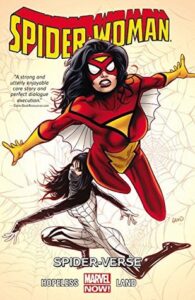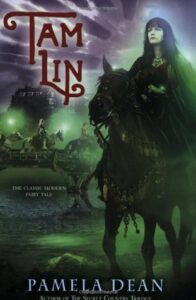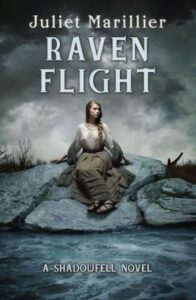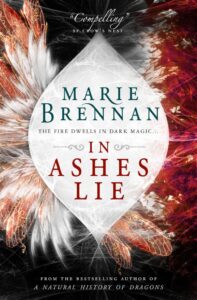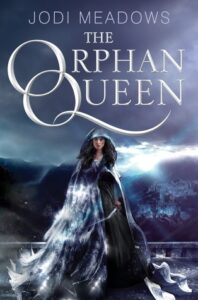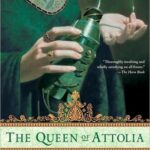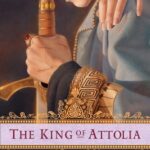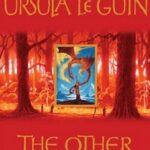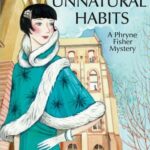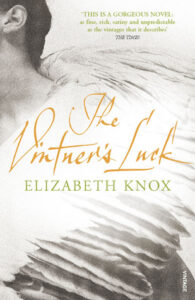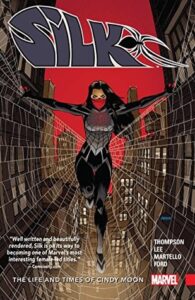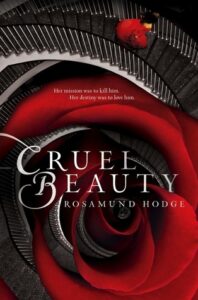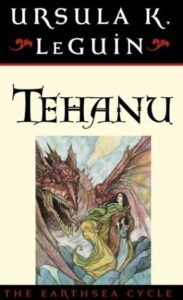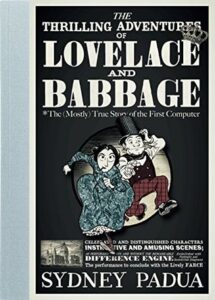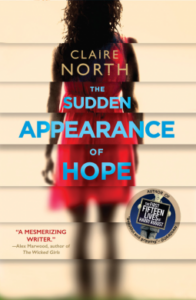 The Sudden Appearance of Hope, Claire North
The Sudden Appearance of Hope, Claire North
Received to review via Netgalley
I’ve been interested in Claire North’s work for a long time, and her books under this penname are especially interesting because they take some really fascinating ideas and explore the heck out of them. First Harry August, living the same life over and over; then the protagonist of Touch, able to switch bodies with, well, a touch; and now Hope Arden, the woman no one can remember. North has a gift for teasing out the issues of these ideas — ethical and philosophical issues, the way her characters are going to relate to people given their unique differences.
The Sudden Appearance of Hope is, like the other two, kind of a thriller, this time with plenty of tech involved. The ideas themselves aren’t so unusual, I suppose: the combination, however, is something I haven’t seen before. First you have Hope, who can’t be remembered, who carries out heists because she can; and then you have the second plot thread, the app, ‘Perfection’, which controls people’s lives. I’ve definitely seen this one before — most recently in All The Birds in the Sky — but here it’s sinister, and explores the problems of giving over your life to technology, to people looking to make a profit rather than better the world.
There are some real moments of pathos with the characters, even though it’s mainly an idea novel to my mind, and even though Hope isn’t always entirely sympathetic. Mostly, the sister of the entrepreneur who is Perfection’s figurehead: smart, imperfect, trapped. She rings more of a bell with me than Hope herself (though Hope has some interesting choices to make and things to figure out). Luca, the detective, also caught my imagination more than Hope: his determination, his goodness, his flawedness.
I feel like this is more smoothly executed that The First Fifteen Lives of Harry August; I felt less inclined to poke holes in the plot. My only issue was that it felt too long; at around 50% it felt like it was coming in for a denouement, and then it took right off again.

